What are “scientific models”, and how much confidence can we place in them?
Modelling is vital if we are to control COVID-19, but it is not infallible. In this post, Roman Frigg and James Nguyen explain how epidemiological models work and consider the uncertainty inherent in their predictions.


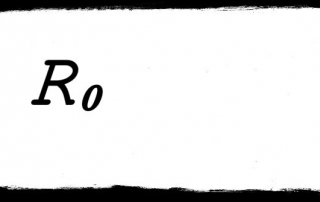

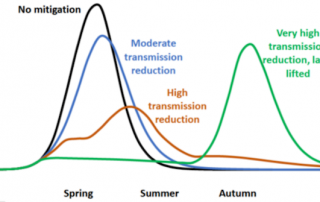
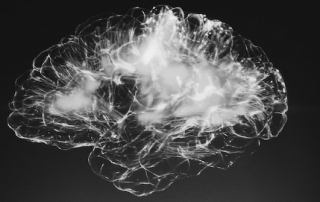

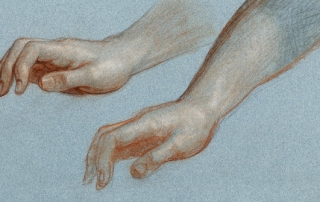

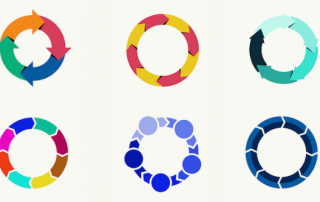

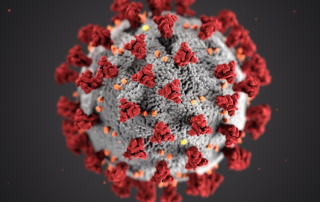
Connect with us
Facebook
Twitter
Youtube
Flickr